Cultures in Conflict
Cultures in Conflict
CHRISTIANS, MUSLIMS, AND JEWS IN THE AGE OF DISCOVERY
Bernard Lewis

Oxford University Press
Oxford New York
Athens Auckland Bangkok Bombay
Calcutta Cape Town Dar es Salaam Delhi
Florence Hong Kong Istanbul Karachi
Kuala Lumpur Madras Madrid Melbourne
Mexico City Nairobi Paris Singapore
Taipei Tokyo Toronto
and associated companies in
Berlin Ibadan
Copyright 1995 by Oxford University Press, Inc.
First published in 1995 by Oxford University Press, Inc.,
198 Madison Avenue, New York, New York 10016
First issued as an Oxford University Press paperback, 1996
Oxford is a registered trademark of Oxford University Press
All rights reserved. No part of this publication may be reproduced,
stored in a retrieval system, or transmitted, in any form or by any means,
electronic, mechanical, photocopying, recording, or otherwise,
without the prior permission of Oxford University Press.
Library of Congress Cataloging-in-Publication Data
Lewis, Bernard.
Cultures in Conflict: Christians, Muslims, and Jews
in the age of discovery / Bernard Lewis.
p. cm. Based on the Merle Curti lectures delivered
at the University of Wisconsin-Madison, May 1993.
Includes bibliographical references and index.
ISBN-13 978-0-19-510283-3 (Pbk.)
1. EuropeHistory14921517.
2. EuropeHistory15th century.
3. EuropeTerritorial expansion.
4. JewsHistory701789.
5. Islamic EmpireHistory12581517.
I. Title D228.L49 1995
940.2.1dc20 94-14468
20 19 18 17 16 15 14 13 12
Printed in the United States of America
Preface
T HIS BOOK is based on the Merle Curti Lectures delivered at the University of Wisconsin, Madison, in May 1993. My theme in these lectures was the multiple anniversaries of 1492 and the sharply contrasting ways in which they had been perceived and commemorated in different places and among different groups of people. My purpose was to draw attention to some of the other events of that year, notably the Christian conquest of Granada, the last outpost of Muslim power in the Iberian Peninsula, and the expulsion a few months later of the Jews from all of Spain; to show how these apparently disparate events were closely interrelated; and, in so doing, to situate the three processesof conquest, expulsion, and discoveryin a larger context of international, interreligious, and, one might even say, intercontinental history.
The Christian capture of Granada marked the completion of the long struggle for the recovery and reconquest of western Europe and prepared the ground for the great European counterattack, of which the voyages of the Spanish and Portuguese navigators were, in a profound sense, a beginning.
By 1492, Christian rule prevailed everywhere in the Iberian Peninsula, but many non-ChristiansJews and, in far greater numbers, Muslimsremained. Their removal was seen by the Christian rulers of Spain and, a few years later, of Portugal as a necessary part of the process of reconquest and counterattack. The expulsion of the Jews, the smaller and weaker of the two minorities, was the first step. The expulsion of the Muslimsa larger, more complex, and more dangerous tasktook somewhat longer.
The expansion of Europe took place simultaneously at both ends, and in both it began with the effort to remove a Muslim domination that had lasted for centuries. In the east, the Russians, after a long struggle, were able finally to throw off what their historians call the Tatar yoke. In the west, the Christians put an end to the Moorish domination established eight centuries previously and, in time, even to a Moorish presence. In both eastern and western Europe, the resurgent Christians carried the struggle into the enemy camp. In the east, the Russians pursued the Tatars into Tartary and established a domination over Central and northern Asia. In the west, the Spaniards and Portuguese, followed by the other maritime peoples, pursued the Moors into Africa and Asia and, almost incidentally, discovered and colonized America.
In preparing this version, I have drawn on material previously included in the Bradley Lecture at the American Heritage Foundation in Washington, D.C., the Kalman Lassner Lecture at Tel Aviv University, a public lecture at the New York Public Library, and guest lectures given under the auspices of commemorative committees in Genoa and Istanbul, all in 1992. My thanks are due to my hosts on all these occasions and to my various audiences, whose questions enabled me to sharpen my thoughts and clarify their exposition.
My thanks are due to a number of authorities for permission to reproduce illustrations: for illustrations 1 and 2, the Ministry of Culture of the Turkish Republic; for illustration 3, the Runion des Muses Nationaux de France; for 4, the Alfred Rubens Collection in London; for 6 and 7, the L. A. Mayer Memorial Institute for Islamic Art in Jerusalem; and for 8, the Trustees of the British Museum.
It is also my pleasant duty to thank Professor Nurhan Atasoy of Istanbul University and Marilla Beuker of the Jewish Historical Museum in Amstedam for help in locating and obtaining illustrations; Jane Baun and David Marmer, both of Princeton University, for much valuable help in the preparation of my manuscript; and Nancy Lane and Irene Pavitt of Oxford University Press for their help and advice at various stages of publication.
Princeton
February 1994
B. L.
Contents
Chapter One
Conquest
Chapter Two
Expulsion
Chapter Three
Discovery
Illustrations
Ilustrations follow page
Cultures in Conflict
CHAPTER 1
Conquest
F OR MOST AMERICANS and Europeans, as well as many others who learned history from American or European teachers or textbooks, 1492 was chiefly memorable as the year in which Columbus discovered America. In some countries and in some communities, other events that took place in that year were celebrated or commemorated. But even those concerned with such other commemorations would surely have agreed, until not so long ago, that of all the events of that crowded year, the discovery of America was by far the most momentous in the history of the world and in the history of humanity. As the quincentennial year 1992 approached, elaborate preparations were madein Genoa, where Columbus was born; in Spain, from which he set sail; and in all the American lands whose modern history customarily begins with his arrival.
But as the preparations to celebrate the discovery progressed, discordant voices were heard, casting doubt on the entire basis of the intended festivities. The word discovery, it was explained, is both misleading and demeaning. The Western Hemisphere was, after all, there before the white man arrived to conquer and exploit it, and his arrival brought not so much the creation of a new civilization as the destruction of several old ones. The term America was inappropriate to a continent that had flourished long before an Italian cartographer called Amerigo Vesp cci made the momentous discovery that the place on the far side of Atlantic was not Asia, as Europeans had thought, but somewhere else, and was rewarded for this discovery by having his given name, in a somewhat garbled form, splashed across the map of the Western Hemisphere. And as for celebration, it was made perfectly clear that this was an occasion not for celebration, but for lamentation on the part of the victims and for penitence and self-flagellation on the part of those who could in any way be identified with the perpetrators.
cci made the momentous discovery that the place on the far side of Atlantic was not Asia, as Europeans had thought, but somewhere else, and was rewarded for this discovery by having his given name, in a somewhat garbled form, splashed across the map of the Western Hemisphere. And as for celebration, it was made perfectly clear that this was an occasion not for celebration, but for lamentation on the part of the victims and for penitence and self-flagellation on the part of those who could in any way be identified with the perpetrators.
Next page

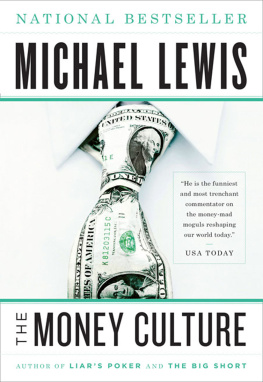
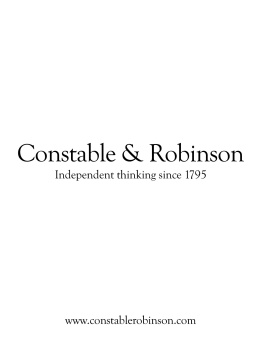
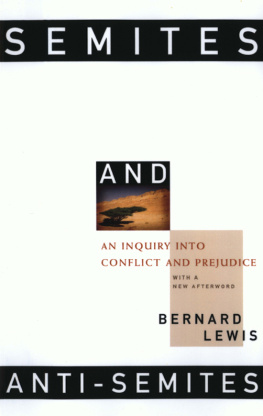

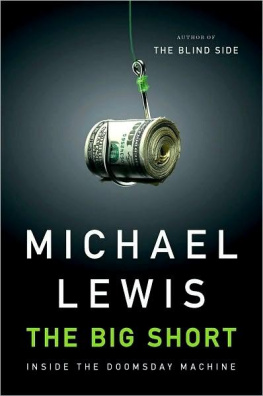
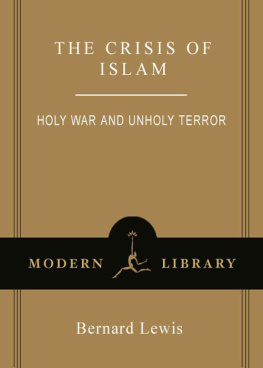
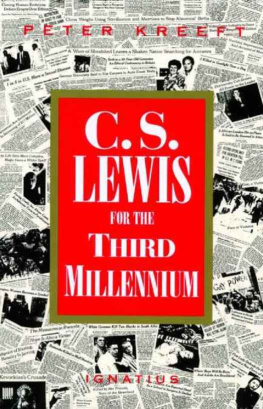
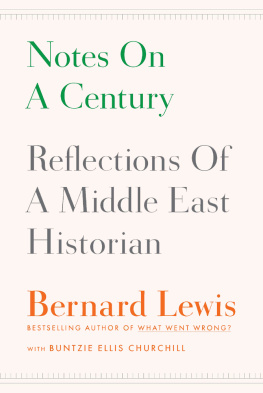
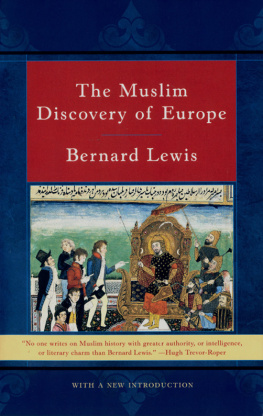
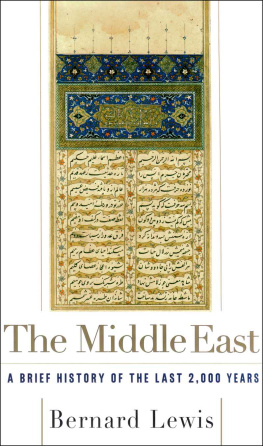
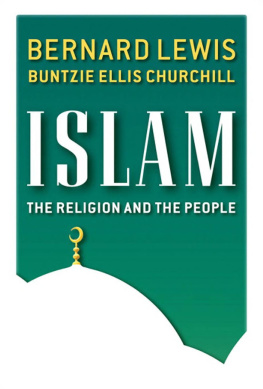


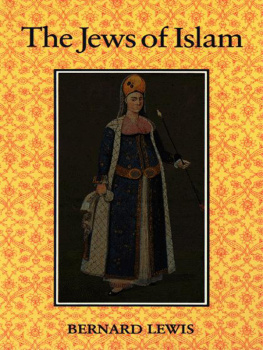
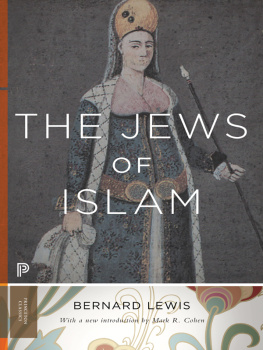

 cci made the momentous discovery that the place on the far side of Atlantic was not Asia, as Europeans had thought, but somewhere else, and was rewarded for this discovery by having his given name, in a somewhat garbled form, splashed across the map of the Western Hemisphere. And as for celebration, it was made perfectly clear that this was an occasion not for celebration, but for lamentation on the part of the victims and for penitence and self-flagellation on the part of those who could in any way be identified with the perpetrators.
cci made the momentous discovery that the place on the far side of Atlantic was not Asia, as Europeans had thought, but somewhere else, and was rewarded for this discovery by having his given name, in a somewhat garbled form, splashed across the map of the Western Hemisphere. And as for celebration, it was made perfectly clear that this was an occasion not for celebration, but for lamentation on the part of the victims and for penitence and self-flagellation on the part of those who could in any way be identified with the perpetrators.